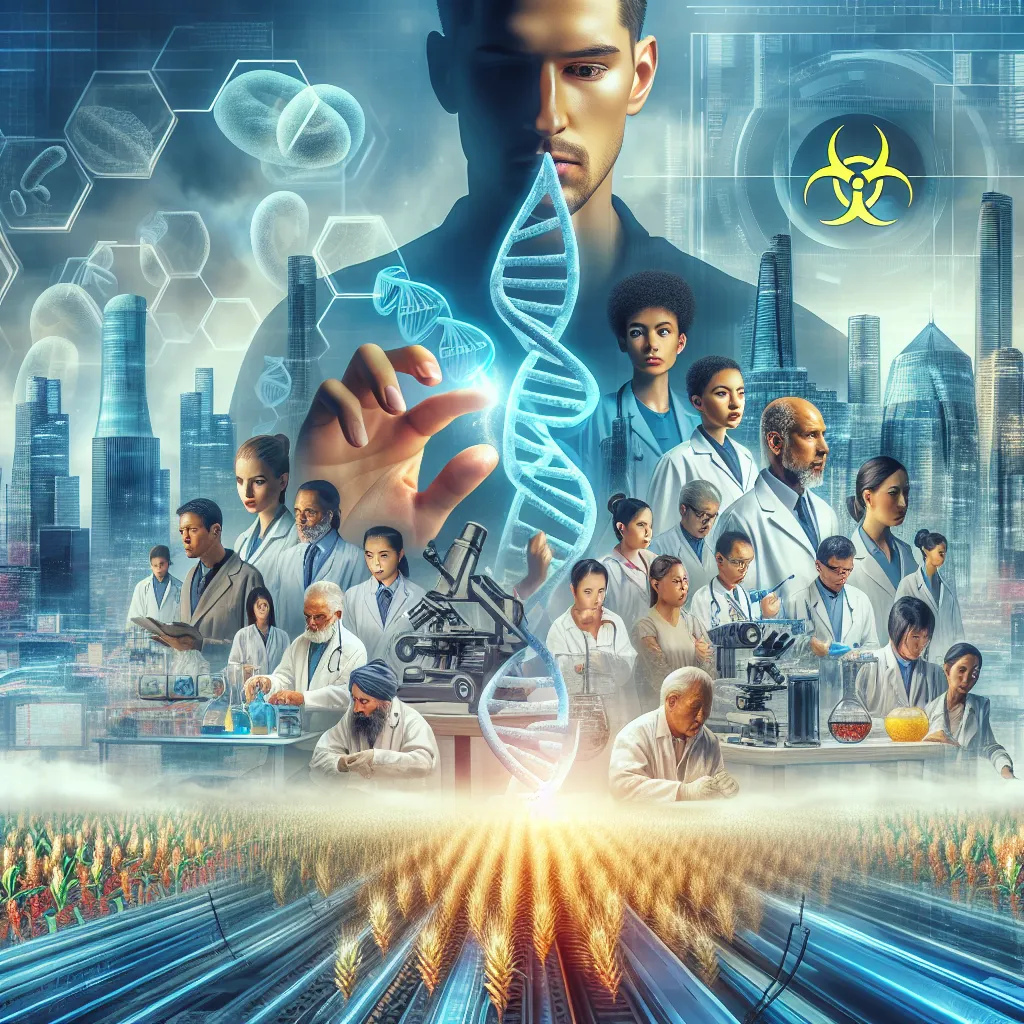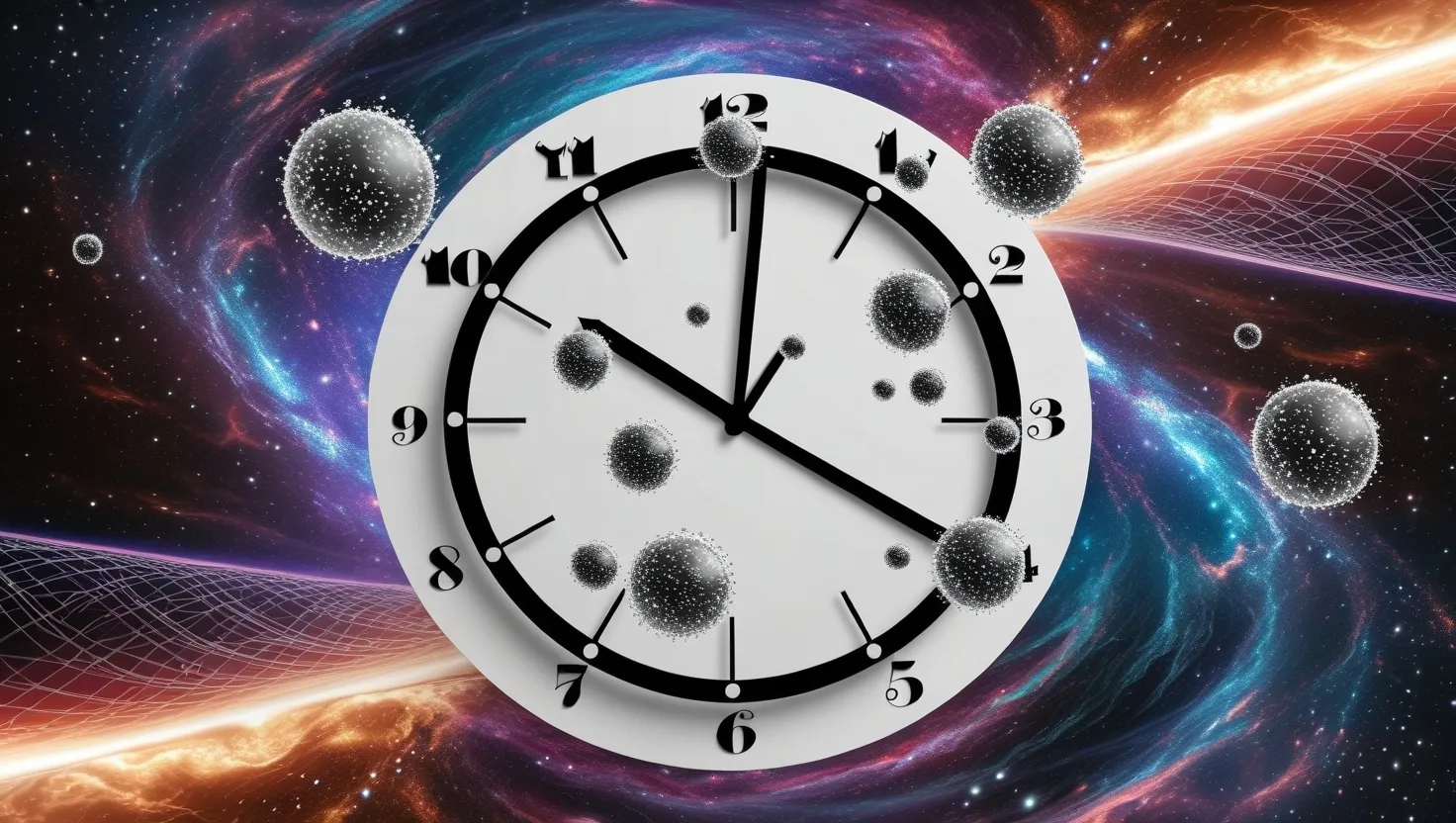Biotechnology is evolving at a breakneck pace. It’s giving us tools to control biology, solve deadly diseases, and, scarily, create viruses that could wipe out humanity. Everywhere you look, biotech is making a mark. From the cotton in clothes to the veggies on your plate, even in your pets. Humans manipulate living things. We use bacteria to make insulin, connect prosthetics to brains, and create industrial enzymes for various uses. Gene therapy is curing diseases once deemed untreatable, and we’re working on crops resistant to climate changes.
Our control over biology accelerated enormously with the COVID-19 crisis. Within weeks of the first case, scientists broke down the virus and created vaccine prototypes in record time. Such quick turnaround was unthinkable a decade ago. How did this happen? Well, costly things got cheaper, and knowledge spread widely. The Human Genome Project began in 1990 and cost $3 billion over 13 years. Today, decoding a genome costs around $1000, thanks to automation and advanced technology.
Biotech has moved from elite labs to something accessible to many. Cutting-edge discoveries are now quickly replicated worldwide and can even be explored by high school students. It’s like teens being tasked to build iPhones in their bedrooms. This revolution promises incredible benefits: life-saving treatments, miracle crops, and solutions to unknown future problems.
But progress has a dark side. The same tools used for good can be misused, causing massive harm. With ease, scientists can order genetic data of dangerous viruses online and recreate them. This ease raises the risk of accidental or intentional creation of deadly superbugs.
We’re entering an era where home labs could whip up weaponized viruses. This is genuinely terrifying. If mishandled, biotechnology could cause pandemics, wiping out large parts of the population and reversing centuries of progress.
However, humans have faced similar challenges in the past. Nuclear technology, for instance, has immense potential for both good and destruction. Yet, strict regulations and international oversight have kept nuclear disasters mostly at bay.
To protect against biotech risks, experts propose several steps. First, limit access to dangerous genetic data. Second, set up virus detectors in population centers to quickly identify and respond to new threats. Third, develop rapid-response solutions like advanced vaccines and nanofilters.
Biotech holds the promise of a future where humanity conquers diseases and controls its biology. We must tread carefully. By responsibly managing the risks, we can harness biotech’s potential for a better future. We’ve learned from past mistakes and, with careful handling, can ensure this exciting technology benefits us all.






